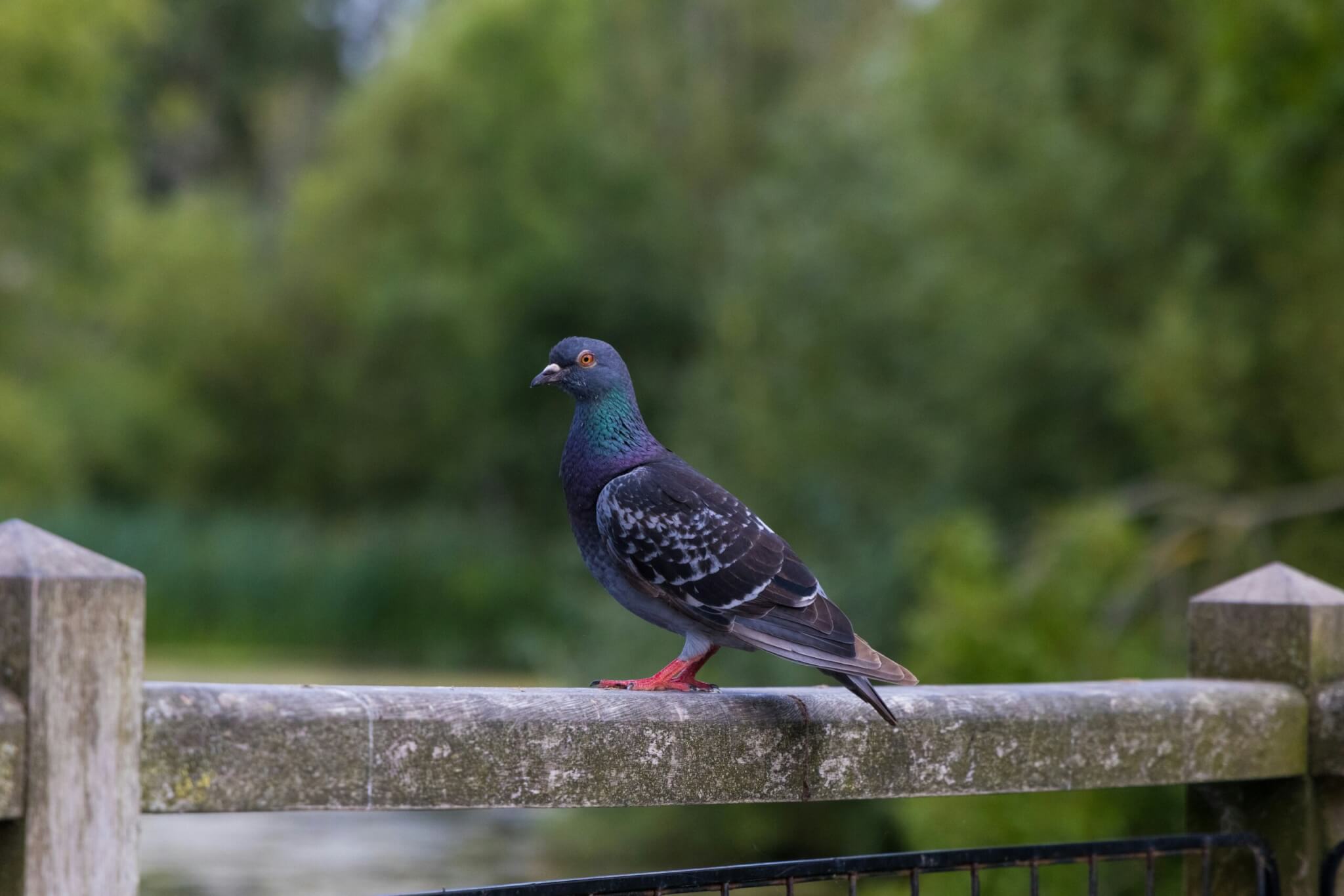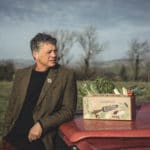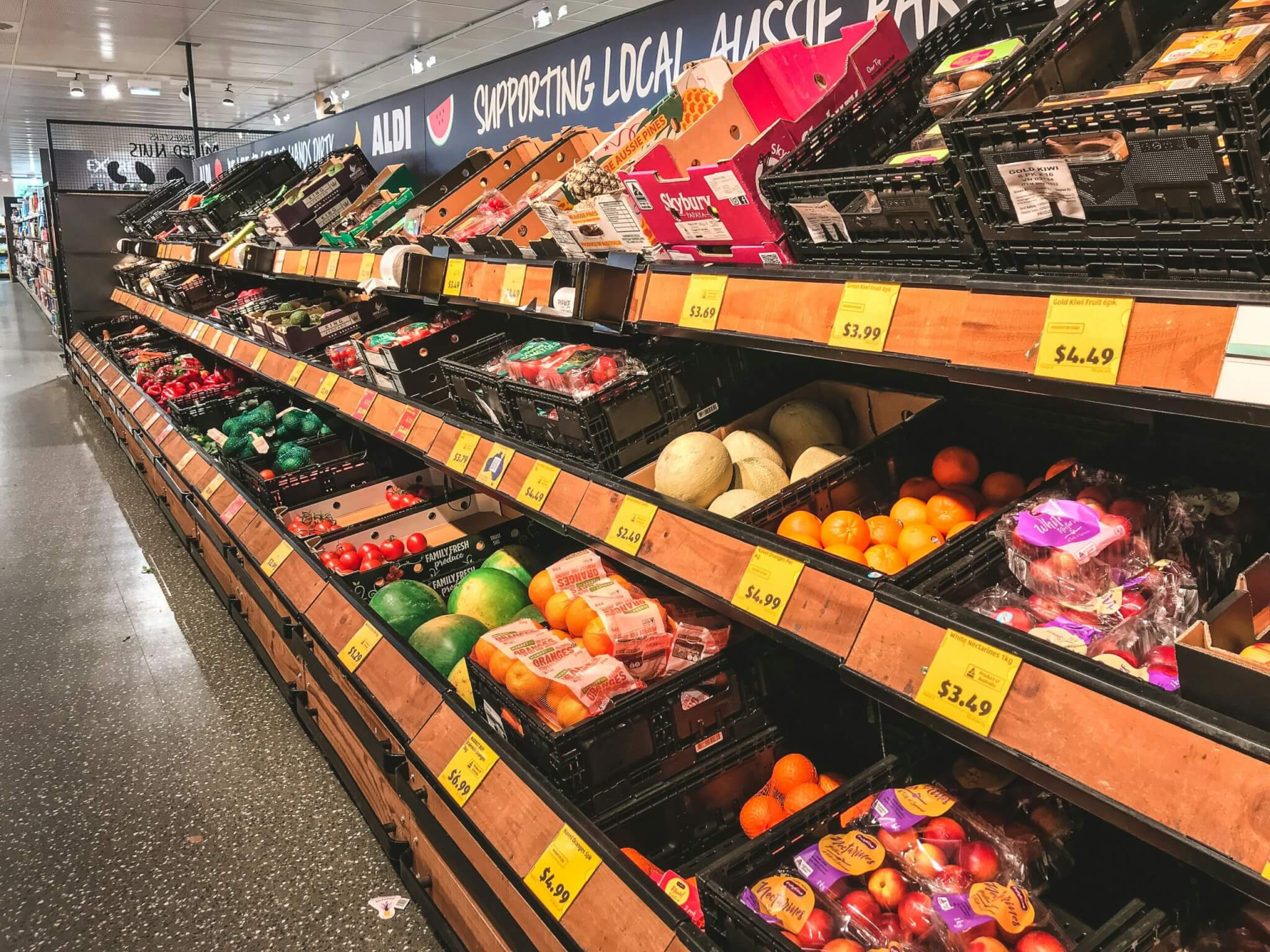We returned in the new year ready to resume picking our purple sprouting broccoli, only to find that the pigeons had beaten us to it. About half the heads have been pecked. In my youth, I would have set up a hide, put out some decoys to draw in the unsuspecting birds, and shot them out of the sky; vermin and supper, both solved. After a few sessions, the depleted flock would move on.
But as much as I like eating them, and once enjoyed the sport (sorry), I have always loved pigeons; their flapping, dipping flight and orr orr orr – orr orr contented coo on a summer’s day. Like the once-common starling and sparrow, their numbers are now much depleted; in some areas, they are already regarded as endangered. I finally relinquished my gun after watching a pair of wood pigeons raise their first brood in the japonica outside my office, then build a chaotic nest on top of the cistern of our outside toilet for their second, rendering it unusable for the rest of the summer.
Similarly, I used to catch rabbits and hares for the pot – but having found fluff-ball leverets (baby hares) nested in my artichokes, my blood lust evaporated. I enjoy sharing our farm with them more. Today, they are so familiar that when disturbed, they no longer sprint over the horizon, but run thirty yards and sit watching you. Maybe I will go soft on rats next.
I could blame my wife Geetie’s civilizing, environmental influence (she has even objected to my collecting winkles). Or, at 64, I could blame falling testosterone levels. But I suspect that I am not alone in a growing, self-conscious awareness of the precariousness of our natural world. As much as I enjoy gathering mushrooms, mussels, winkles, hares, or pigeons for my supper, there are now just too many of us, and too little nature left, to keep doing this in the manner of our forebears. Some traditions need to be re-examined in a changed world. The days of care-free plundering are over. We must all become ecologists, with our hands as well as in our heads and hearts.
Geetie says we can afford the lost broccoli. I’m not so sure that those who plant and pick it agree, but the pigeons certainly would.
Our News from the Farm posts come from Riverford. They are the digital versions of the printed letters which go out to customers, every week via Riverford’s veg boxes. Guy Singh-Watson’s weekly newsletters connect people to the farm with refreshingly honest accounts of the trials and tribulations of producing organic food, and the occasional rant about farming, ethical and business issues he feels strongly about.












Sadly I have to report far fewer creatures of all sorts in my small garden in NW London compared with say 10 years ago. Wood pigeons down to one occasional visit. No more ladybirds and far fewer bees on the rambler rose. Windows wide open on a warm summer night but nothing flies in. Bird feeders empty for much of the day. We never used to worry because we believed nature to be abundant in all its diversity. Now my rule is: never kill anything. I’ve taught myself to love and treasure it all (even the slugs!)
Where I live, in Chelmsford in Essex, we have witnessed a huge influx of breeding pigeons, having several broods in a season. They fly around in huge flocks.
Starlings nest in the soffits of the houses around and again are flourishing.
The big old oak tree has had a murder of crows successfully breeding too, So much so that I witnessed a strange event last summer when a very noisy occurrence happened, that lasted most of the afternoon. They were definingly loud, (something I’ve not witnessed in the 28 years I’ve lived her) then all of a sudden a huge flock circled crowing loudly and off they went, to pastures new.
Magpies are again growing in numbers and successfully breeding.
Wonderful to see all these birds, but unfortunately it comes at a cost. During lockdown we had a large
family of sparrows used to visit us daily for their treat of a crumbled digestive biscuit along with their youngsters. They always arrived around 5pm, tea time, we enjoyed their visits very much and they were so amusing during those dark days.
Unfortunately with the growth of so many larger birds who we witnessed stealing their young, they have decided to move on.
We see very few small birds at the moment. Nature can be cruel, but survival is key.
Very thoughtful article. I’ve never been a hunter but have been responsible for the death of a bit of wildlife in the past. Not something I am proud of and certainly regret. I have no idea how many but some societies have a ‘tradition’ of killing animals. I think in todays world I need to look at these so called traditions and ask myself the question should they be continued?
Biodiversity needs all the help we can give it, and certainly like others have said there are significantly fewer birds and other wildlife in my garden.
Since moving to a plant based way of eating I have found that I have greater empathy for all animals. Whether this is just getting older or being away from the brutality of killing animals to eat, others will judge. Coupled with having a lighter ‘footprint’ on our planet this feels the right way to go.
I agree Guy’s comments – but all my apple trees have just been “garrotted” by rabbits during the snow! (They have sripped the bark all around the trees up to nearly 3′ above ground.) Small patch but nature’s balance still needs restoration. Where was that kestrel? My cat stayed indoors. Also, recently read a very disturbing fact from Vicky Hird ‘Rebugging the Planet’. Mobile 5G raises the temperature of insects 370%. No wonder we are losing natural insect services. Do we need a rapid rethink of our communications strategy? I live in a relatively low populated area at 1000′ on moorland but the insect and wader populations have plummeted in the last 20 years.
Talking of nature’s balance … please keep your cat indoors at night to give resting birds a chance. Pet owners check your dog and cat flea treatments don’t contain imidacloprid or fipronil. These neurotoxic insecticides are lethal even in miniscule doses. They wash off our pets’ coats when wet and get taken up by plants and are present in the plants’ flowers and kill bees. (Read pages 109-111 “Silent Planet” by Dave Goulson).
Think of all our gardens … to help stem the slide into a silent planet, visit Butterfly Conservation https://wild-spaces.co.uk for free advice. Just a small area can make a difference to the insect emergency. Insects without which no food chain exists.
How many of the foods you enjoy eating need pollinators?
Playing devils advocate, there is certainly a case to control some species, such as Pigeons, Rabbits and Deer to maintain a healthy balance in the countryside.
Riverford already sell some wonderful venison, what about some free range Pigeon Breasts and jointed rabbit.
Also, I love Purple Sprouting!